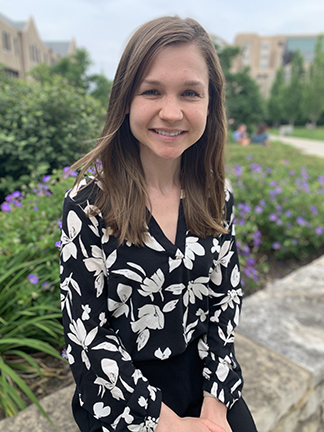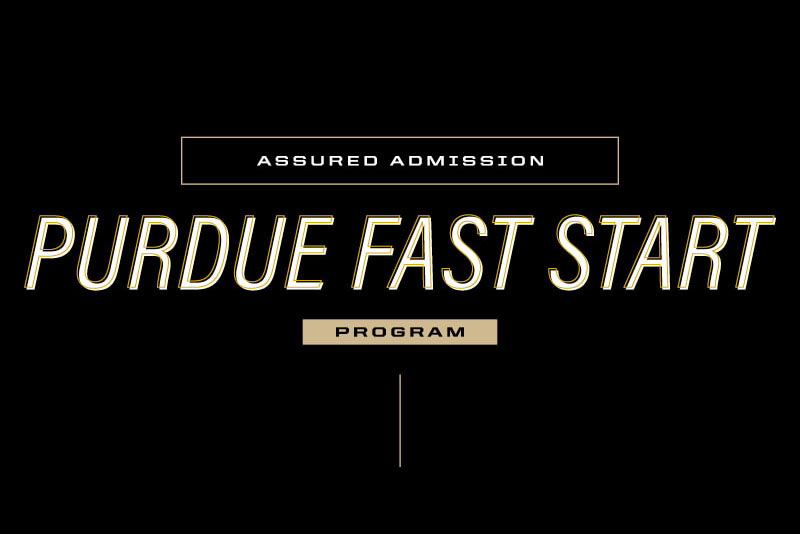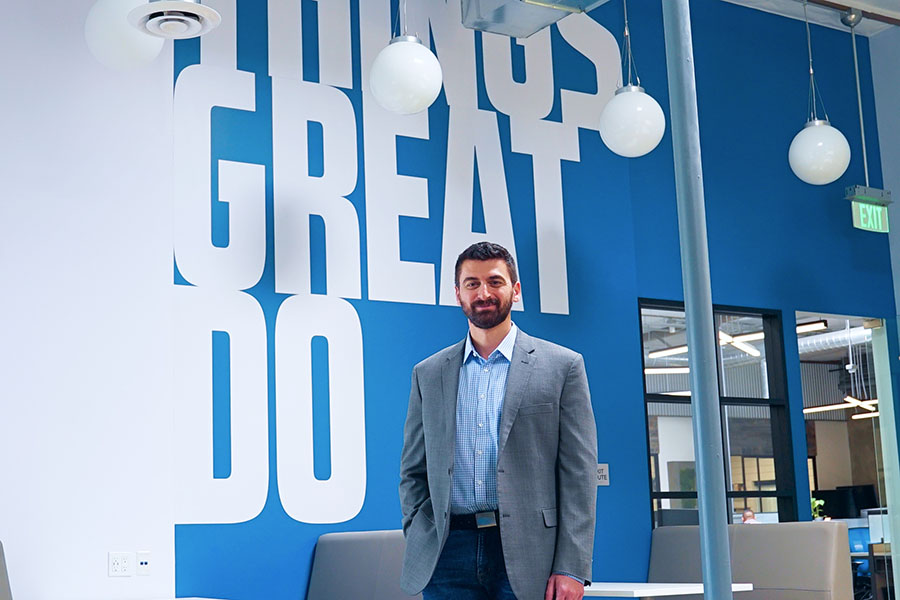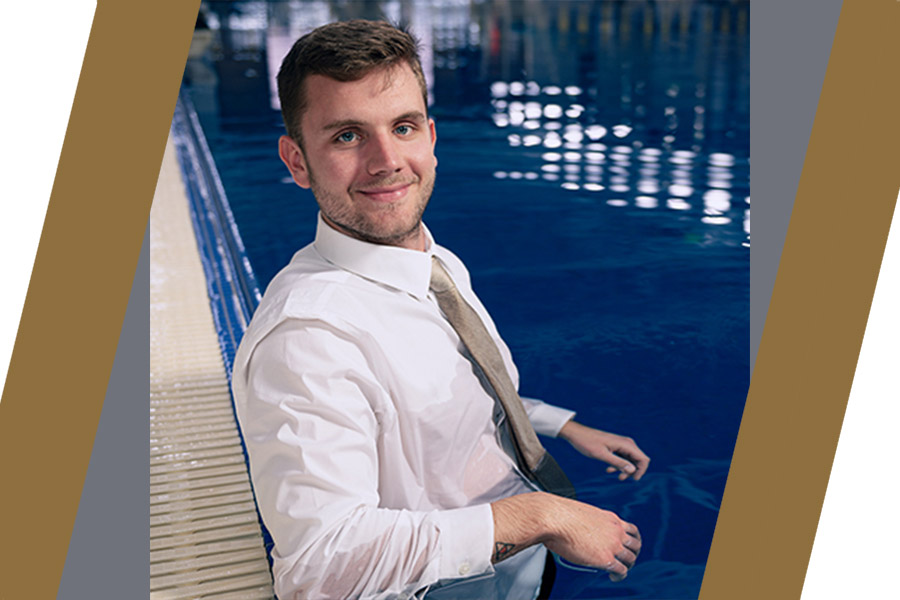Economic Scientist - Get to know PhD alumna Mary Kate Batistich

Why did you choose to attend Purdue and the Krannert School?
I was drawn to Krannert’s economics PhD program because I was familiar with Purdue as a top-tier research institution. I also knew that the economics department had a strong record of placing their graduates in good jobs, paired with high completion rates. This was why I applied. The decision to actually come to Purdue wasn’t made until I came for a campus visit and was greeted with warmth and sincerity by faculty, staff, and students, and it simply felt like the right fit. I was impressed during my time at Purdue with the way faculty take the graduate students seriously, and work with us on real projects. The students are also very supportive of each other, and I've made some lifelong friends and colleagues as a result.
What are your favorite memories of your time as a student?
I really enjoyed getting together with the other students in my program. We were very close-knit and leaned on each other quite a bit, for academics as well as for moral support. I wouldn’t have gotten through the qualifying exams without them!
I also really enjoyed working with my advisor Tim Bond. He was very patient, a great listener, and very engaged in my independent work.
How did Purdue and Krannert prepare you for your career?
Purdue prepared me mostly through rigorous coursework and mentorship. We were also supported by a lot of funding for things like accessing proprietary data and attending conferences. During my time at Purdue, I presented my research in many places… California, Canada, the UK, France, and Sweden, to name a few! This really helped boost my confidence and broaden my professional network before going on the job market.
What led you to pursue a career in academics?
I loved the academic environment at Purdue and wanted to stay connected to my colleagues there, so academia was a natural fit for me. In my current role, I am doing applied work that is directly relevant for policymakers and on-the-ground social service providers. I enjoy being able to live simultaneously in academia and the real world.
What are some examples of your work?
I work on poverty research in the Wilson Sheehan Lab for Economic Opportunities (LEO) at Notre Dame. We partner with charities, local governments, and other service providers around the country to identify innovative antipoverty programs and quantify their impacts. A lot of my current work looks at the intersection of incarceration, mental health, and poverty. We are trying to identify the right policies and programs to reduce hardships associated with incarceration and its aftermath.
How important is data analytics to your research?
Data analysis is central to my job. We seek to quantify the impact of different programs, either through randomized controlled trials or quasi-experimental methods. This requires a deep understanding of econometrics, research design, and how to draw meaningful conclusions from data.
What advice do you have for current or prospective students?
Being a student is a great time to take risks and make mistakes — it’s the best way to learn, and you have a great support system to fall back on.
Mary Kate Batistich (PhD Economics 2020) is an assistant research professor of economics, Wilson Sheehan Lab for Economic Opportunities (LEO), University of Notre Dame.




